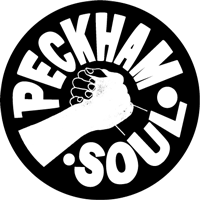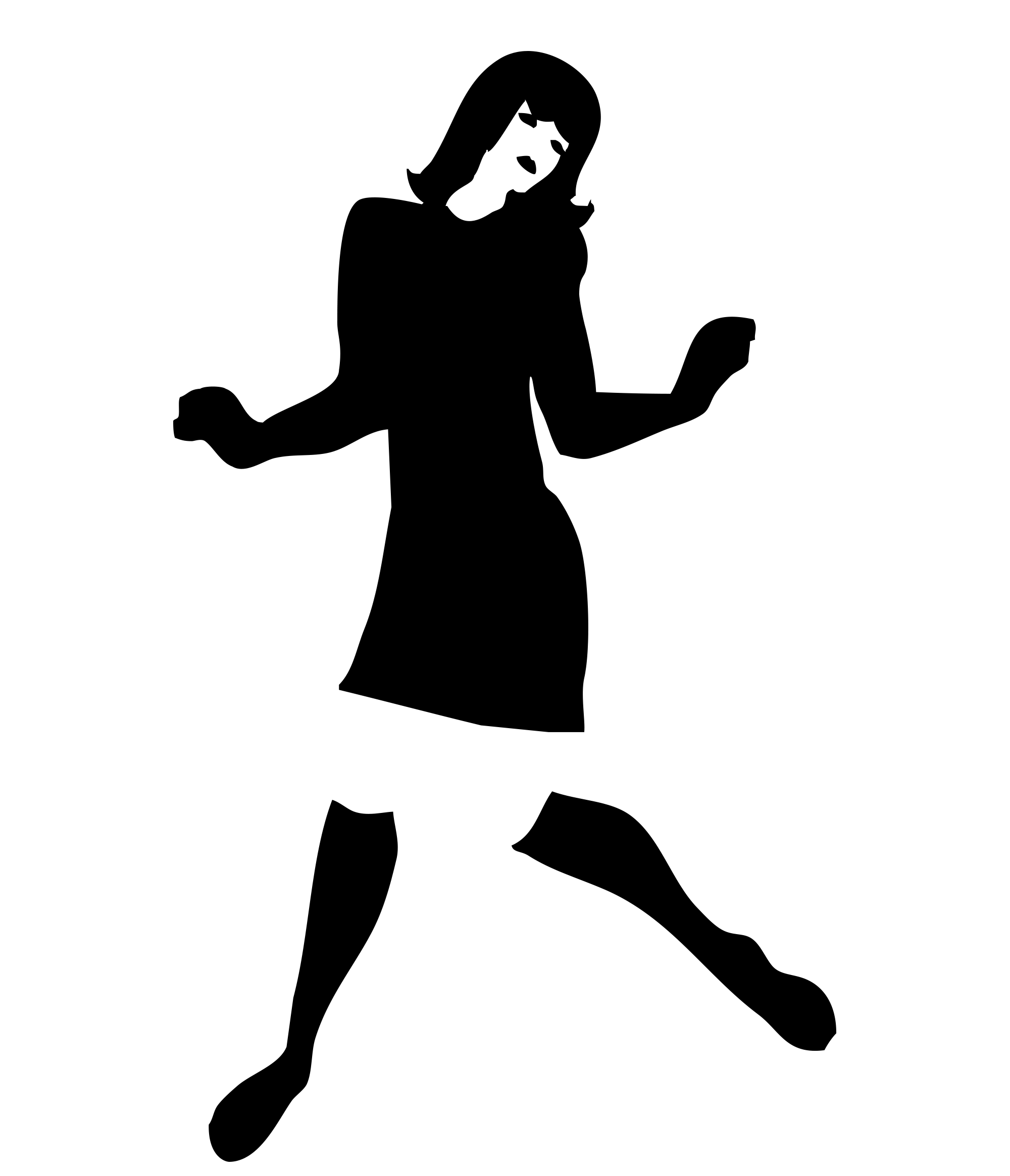Studio One
Catalogue No: SOLP-0016
G+VG
One of the finest vocal groups of the rocksteady and early reggae periods of Jamaican music, the Heptones first drew attention for the singles and albums they cut for Clement "Coxsone" Dodd's Studio One label during the late '60s. Poised on the cusp of a cultural shift, Leroy Sibbles (also a bass-wielding session man for Dodd) and partners Barry Llewellyn and Earl Morgan tackled a combination of the sort of pained love songs then in vogue and fresher "reality" material, a mix arguably heard best on On Top. The album's first side in particular is a stunning example of the Heptones' craft. Backed by the Jackie Mittoo-led Soul Vendors, the group's growing social consciousness is voiced on a handful of pre-roots classics. Propelled by lively drum flourishes that resemble an update of the Rastafarians' nyahbinghi percussion, Sibbles makes direct reference to the lynching of African ancestors on the album-opener "Equal Rights," while one of his finest vocal performances is reserved for the side-one-closer "Soul Power." The band would return to equally sobering subject matter throughout their career on recordings for Joe Gibbs ("Hypocrites"), Jack Ruby ("African Children"), and Lee "Scratch" Perry ("Sufferer's Time"). This music established the Heptones as a reggae act of the highest order and the years have proven its timelessness.











